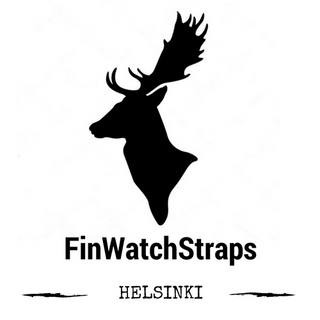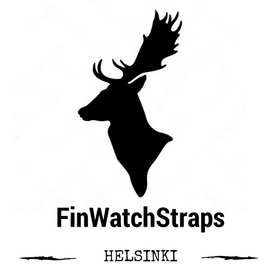News

This comprehensive guide explores the art of selecting and styling tweed watch straps. Covering everything from the Scottish heritage of tweed fabric to practical styling advice, the article examines different types of tweed (Harris, Donegal, Estate, Cheviot), how to coordinate straps with various wardrobe elements, seasonal appropriateness, care instructions, and detailed outfit examples. Perfect for watch enthusiasts and style-conscious individuals seeking to add texture, heritage, and sophistication to their timepiece collection

A tweed strap can completely transform your watch's character, but which timepieces truly work with this noble Scottish fabric? This comprehensive guide explores the perfect pairings between watches and tweed straps. Learn why vintage pieces are natural companions for tweed, how modern dress watches gain personality with the right pattern, and why sports watches on tweed create surprisingly successful combinations. We cover essential technical details like case size matching, dial color coordination, and pattern selection. Whether you're styling a Seiko diver, vintage Omega, or modern chronograph, discover the rules—and when to break them—for creating the most stylish watch and tweed combinations.

Ostrich leather is chosen by watch collectors for comfort, durability, and long-term wearability, not just for its exotic look. Its cross-weave fiber structure resists cracking and hole stretching, allowing it to outlast calfskin by 3–5×.
Natural pores from feather follicles provide excellent breathability and thermoregulation, making it comfortable for extended daily wear. Metal-free tanning improves skin compatibility, reducing irritation during constant wrist contact.
Available as Full Quill (refined, classic) or Ostrich Leg / “Dragon Scale” (bold, architectural), ostrich leather develops a rich patina over time rather than wearing out.
In short: a rational, informed material choice for serious watch enthusiasts.

Discover how color transforms your watch. In this FinWatchStraps guide, we explore how to match your strap to the dial color, case material, and overall design — using the principles of color harmony and the psychology of color. Learn how different combinations affect mood and style, from timeless black and brown to bold seasonal contrasts. One watch, several straps — endless expressions of individuality.

The Omega Speedmaster, known as the legendary “Moonwatch,” is famous not only for its NASA history but also for its versatility. This guide explores the best Omega Speedmaster straps — from NASA Velcro and handcrafted leather to durable rubber and classic steel. Learn how each strap changes the character of the watch, discover practical tips on quick-release systems, and find the perfect style for daily wear, sports, or formal occasions.

















